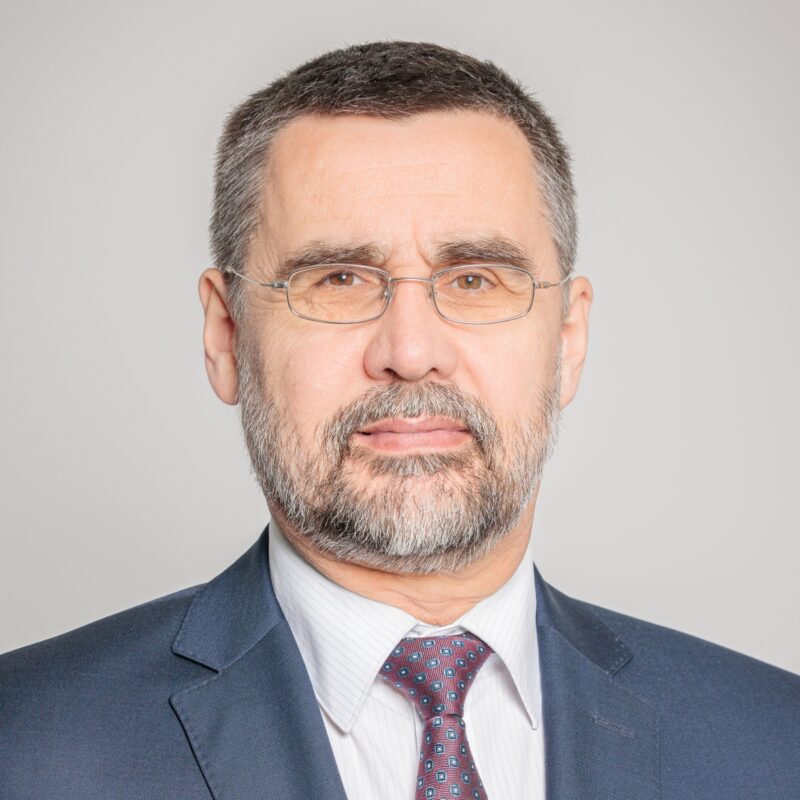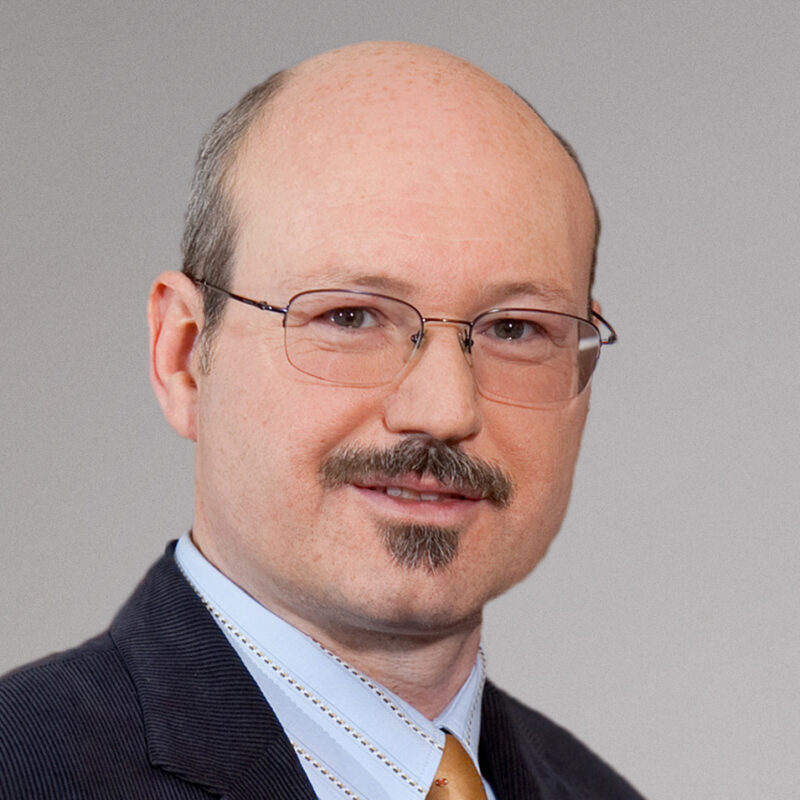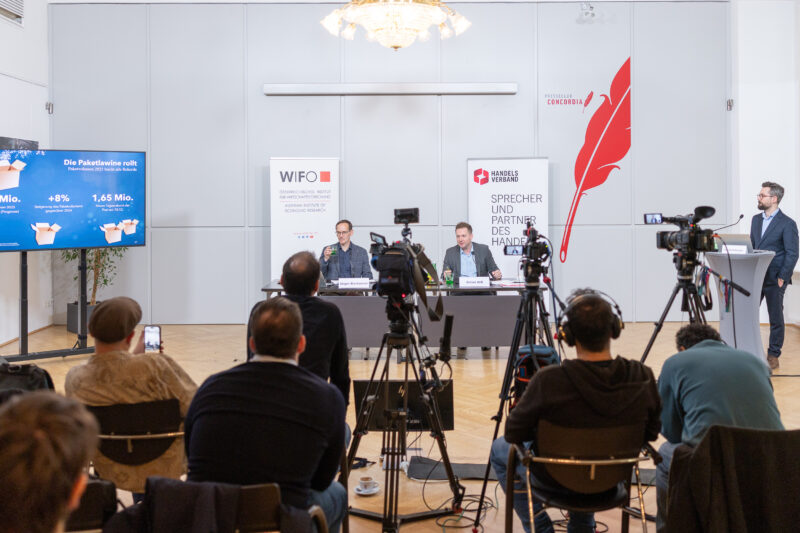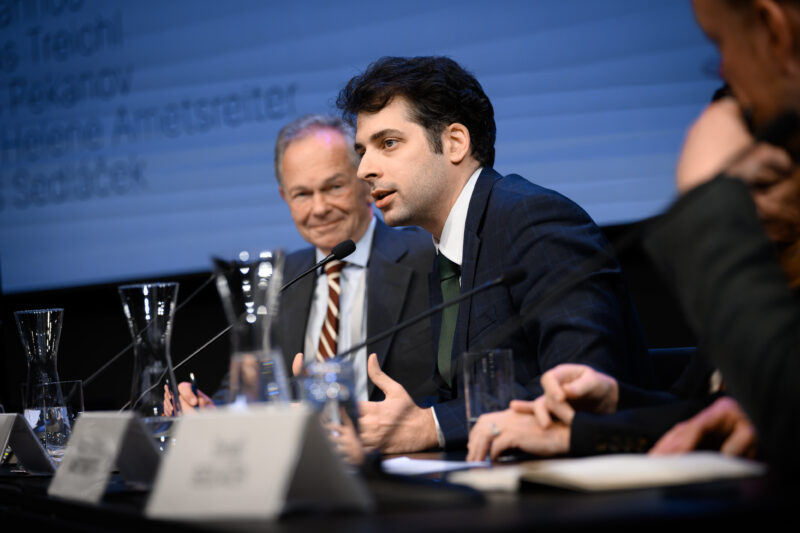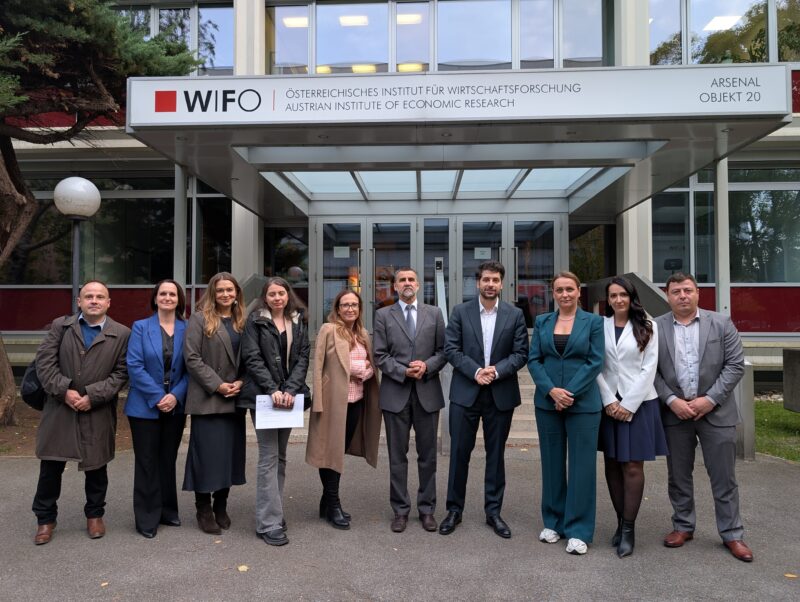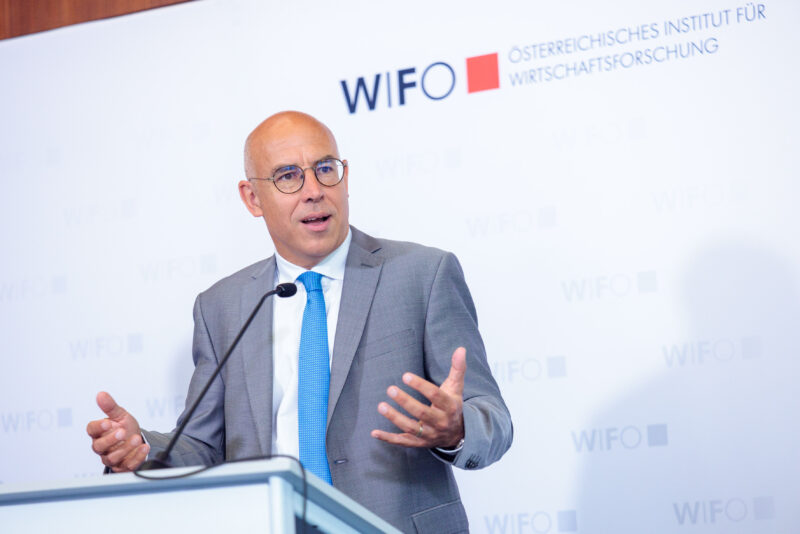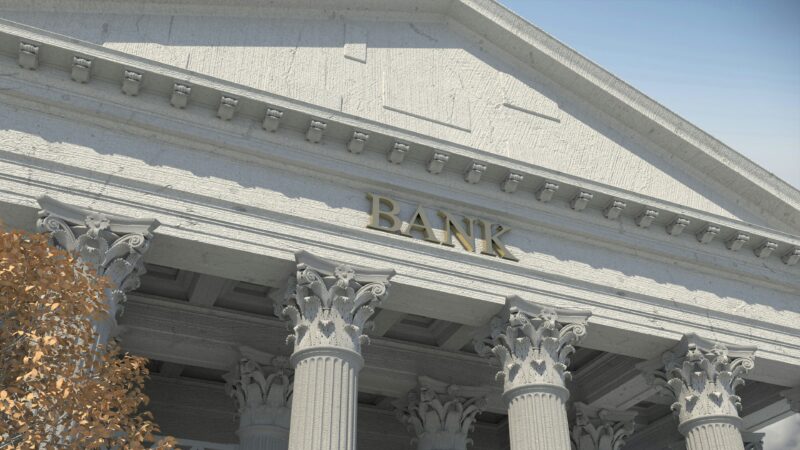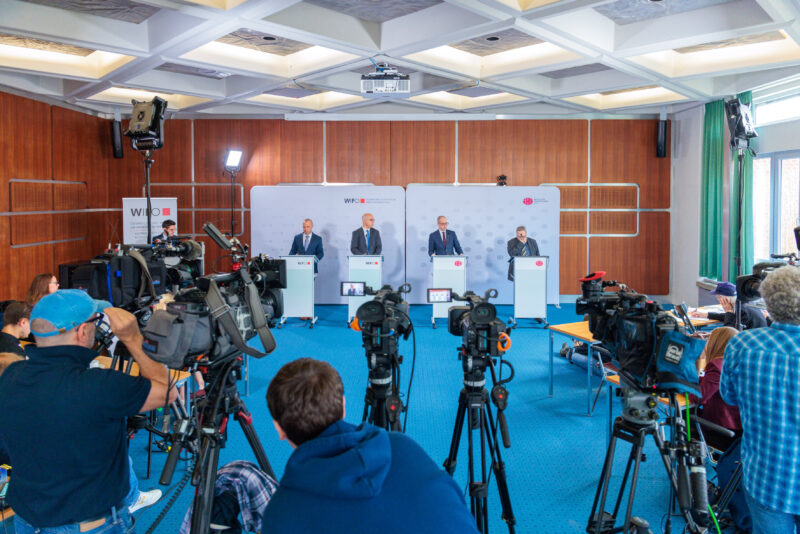
Maintaining Credibility is Currently the Top Priority
The energy price hike uncovered structural differences among member countries of the currency union. Those differences relate to the share of imported energy in total energy demand, contract features between utilities and their customers, different weights for energy intensive goods in the consumer basket, and the fiscal policy response by national governments. Interestingly, countries with a large share of administrated prices in their CPI experienced stronger hikes in inflation rates than the average.
Governments responded to the burden of higher energy prices by applying administrative or fiscal interventions to a varying degree. We review 60 interventions that have been implemented over the last few months across 18 euro area members. A consistent pattern emerges with low inflation countries implementing policies dampening the HICP more intensively, while high inflation countries behaved more restrained.
Potential monetary policy responses to an energy price shock include a different weighting of country specific inflation rates for the computation of euro area total, i. e. deviating from using the relative economic size of the member countries or, alternatively, macroprudential measures. If a wage-price spiral is set in motion, the ECB would have to swiftly raise its key interest rates to confirm its commitment to the inflation target.
Publications
Please contact
